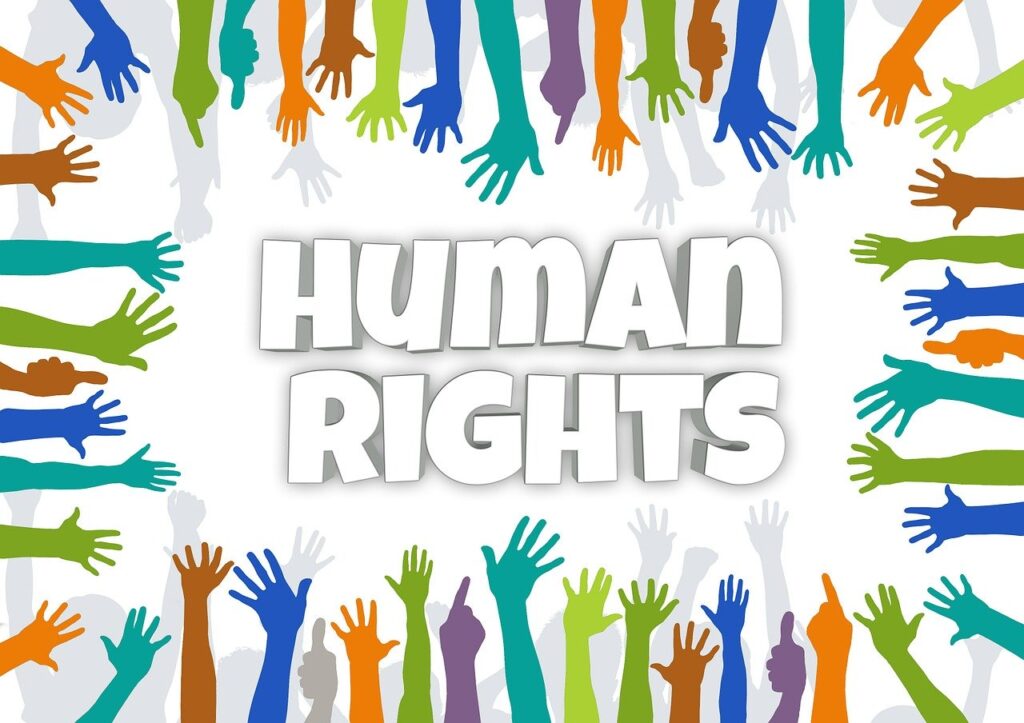DISCLAIMER: The information and views set out in this article are those of the author(s); and do not necessarily reflect the views of the Centre for Policy Studies or the Indian Institute of Technology Bombay.
I have been thinking for some time about the effectiveness of human rights, particularly through the business and human rights approach and network to which I belong. Authoritarianism, plutocracy, and sectarianism are on the rise across the world, and India is no exception. Grappling with the post-election bewilderment brought more clarity to a troubling question on whether our current practice of human rights activism is enough to offer a resistance to the entrenching of a plutocracy in India, that is, uniquely, sectarian in orientation.
I want to argue that it is not. To make this point, I draw your attention to a powerful book Not Enough: Human Rights in an Unequal World by Samuel Moyn. Moyn identifies a passive coexistence of human rights and plutocracy. Moyn’s argument in short is this: human rights activism of the kind most prominent organisations like Amnesty International and Human Rights Watch are engaged in cannot offer a meaningful challenge to the entrenched plutocracy because of its limited ambition to merely ensuring minimum protections, while ignoring material inequality.
Moyn makes a useful distinction between two terms – sufficiency and equality – to illustrate the extent of the limited ambitions of contemporary human rights, particularly with regards to economic and social rights (henceforth social rights). Sufficiency refers to “how far an individual is from having nothing and how well she is doing in relation to some minimum provision of the good things in life” while equality focuses on “how far individuals are from one another in the portion of those good things they get” (p.3).
Moyn’s historical study shows that from around the 1970s, coinciding with the advent and establishment of neoliberalism, human rights detached itself from the focus on material equality and lowered ambitions to sufficiency, just enough to stave off indigence and stop, what he calls “spectacular violations” of rights i.e. those that generate instant outrage like child labor, lynchings, and egregious violations by states and corporations against indigenous groups. In contrast, mainstream human rights maintained a conscious disinterest in ensuring material equality, i.e. reducing the gap between the rich and the poor. While admitting that the focus on sufficiency is valuable, and by no means easy given the current context, it results in human rights activism being, “never really committed to offering an alternative” to market fundamentalism (p. 195).
Human rights activists, especially the streams associated with business and human rights, may find the primacy of market logics unproblematic; their opposition is only to the denial of civil rights in the current era; they are amenable to plutocracy but not sectarianism, i.e. private jets are fine but lynchings are not. However, it is becoming increasingly difficult to embrace the market and reject sectarianism, particularly in India where cultural and economic fundamentalisms are inextricably intertwined. In countries like the United States and Germany, White nationalism is being resisted, even ridiculed, by significant sections of the White population that dominates the socio-political, corporate and media elite. In contrast, the Indian business elite, the mainstream media, and educational establishments, are yearning to be counted as enthusiastic funders and apologists of sectarianism.
The consequence of complacency among rights activists with material inequality is therefore not just, as in the West, wealth concentration. Material inequality parks more resources within these sections that are sectarian and in no way believes that all citizens are equal. Well-financed sectarianism results not only in the protection of economic privilege, but also the assertion of cultural interests. Our silence results in a policy climate that legitimizes programmatic denial of even basic rights to minorities and other oppositional groups. That is, by ignoring material equality (lack of protests against the recent gutting of labor protections, and cynical reductions in corporate tax) even sufficiency for all becomes impossible to achieve.
Not Enough is a densely-written work with a level of detail that is intimidating. There is however an accessible distillation in the New Humanist of his main arguments (drawn from the last chapter of Not Enough). In it Moyn notes that, “hard as it is to envision in practice, there is no contradiction between drastic inequality and fulfilment of basic provision” (p.30, italics added). The key contribution of Moyn is to observe the coexistence of neoliberalism and human rights: “Neoliberalism has changed the world, while the human rights movement has posed no threat to it” (p.31). Mainstream human rights activism has, Moyn notes, become the “signature morality of the neoliberal age” (p.32).
In summary Moyn argues that focus on sufficiency need not, indeed should not, preclude attention from material inequality. Both are essential for social justice.
References:
Moyn, Samuel. (2018). Not Enough: Human Rights in an Unequal World. Cambridge, USA: Harvard University Press.
Moyn, Samuel. (2018, July 9). Are human rights enough? Retrieved 10 December 2019, from New Humanist: https://newhumanist.org.uk/articles/5340/are-human-rights-enough
